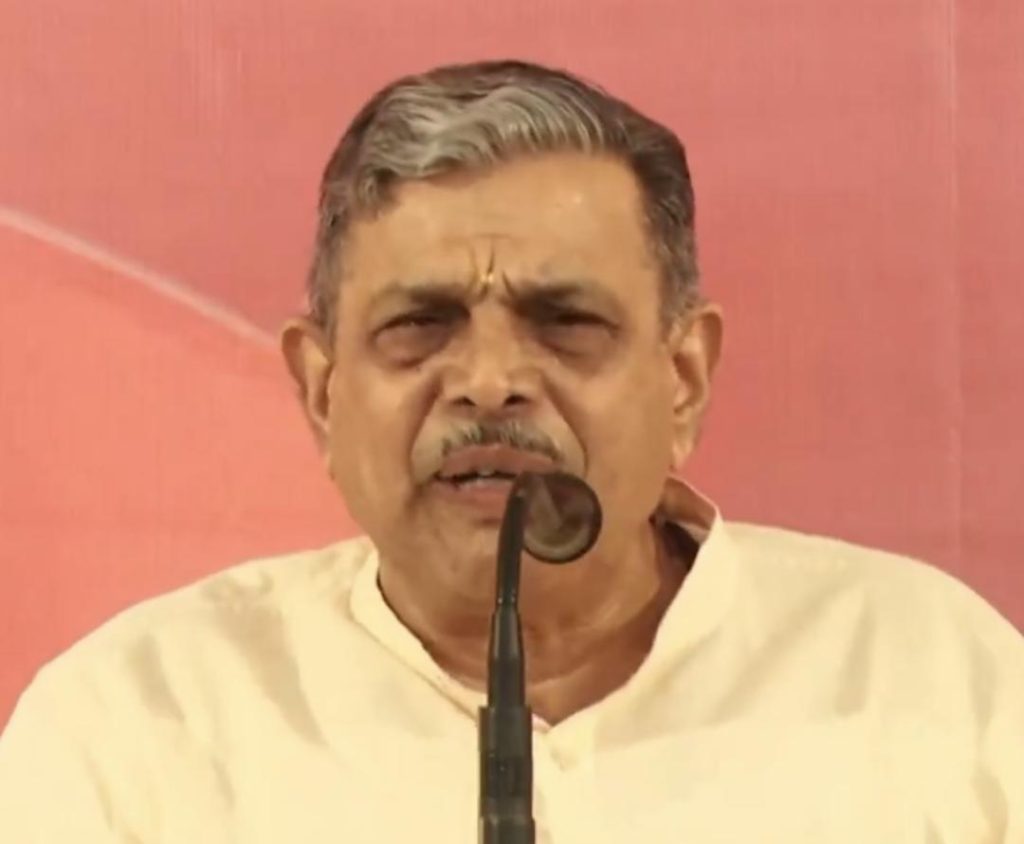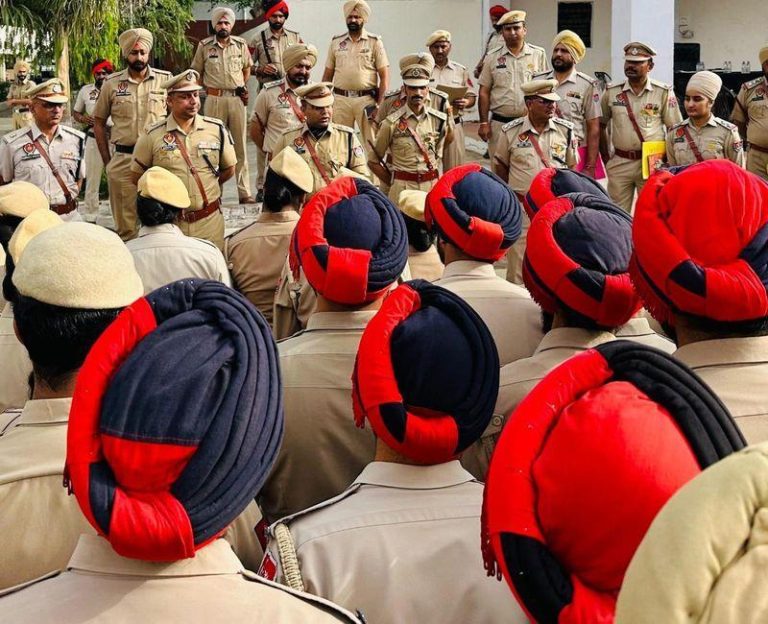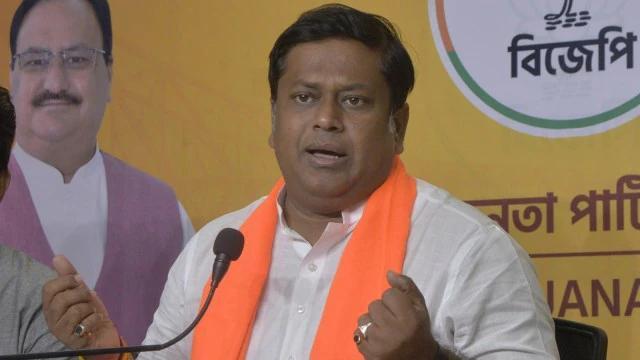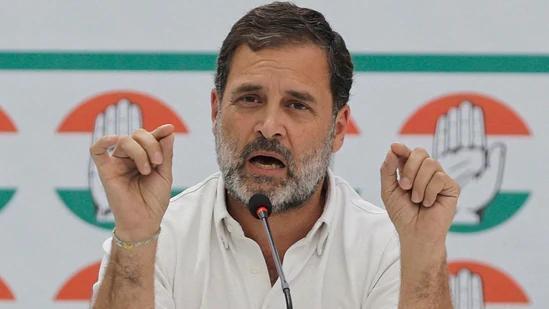
Constitution Doesn’t Accept Religion-Based Quota: RSS Gen Sec
The debate over reservation policies in India has been a contentious issue for a long time. Recently, the Karnataka Assembly passed a bill granting 4% reservation to Muslim contractors, sparking widespread debate and controversy. The Rashtriya Swayamsevak Sangh (RSS) General Secretary, Dattatreya Hosabale, has weighed in on the issue, stating that the Constitution of Dr. BR Ambedkar does not accept religion-based reservations.
According to Hosabale, anyone who gives religion-based reservations is against Ambedkar. He believes that the Constitution is clear in its stance on reservations, and any attempt to introduce religion-based reservations is a negation of Ambedkar’s vision.
In an interview, Hosabale said, “It (religion-based reservation) is possible for backward class within that religion. But making a separate reservation for a particular religion is not acceptable.” He emphasized that the Constitution is meant to be a broad-based document that aims to promote social justice and equality, not to create divisions based on religion.
Hosabale’s statement has sparked a heated debate, with many arguing that the Constitution does not specifically prohibit religion-based reservations. However, Hosabale’s point is that the Constitution’s emphasis on social justice and equality should not be compromised by introducing religion-based reservations.
The debate over reservation policies in India is complex and multifaceted. On one hand, there are those who argue that reservations are necessary to address the historical injustices faced by certain communities and to promote social justice and equality. On the other hand, there are those who argue that reservations are a form of reverse discrimination and that they create divisions within society.
The controversy surrounding the Karnataka Assembly’s bill granting 4% reservation to Muslim contractors is a manifestation of this debate. The bill was passed amid protests from opposition parties, who argued that it was unconstitutional and discriminatory.
The RSS General Secretary’s statement has added fuel to the debate, with many arguing that Hosabale’s views are regressive and out of touch with the reality of India’s social and economic landscape. However, Hosabale’s point that the Constitution does not accept religion-based reservations is an important one.
In conclusion, the debate over reservation policies in India is complex and multifaceted. While there are valid arguments on both sides, the Constitution’s emphasis on social justice and equality should be the guiding principle in any discussion on reservations. The RSS General Secretary’s statement highlights the need for a nuanced and informed discussion on this issue, one that takes into account the Constitution’s provisions and the needs of all sections of society.
News Source:
https://x.com/PTI_News/status/1903720250203603075






